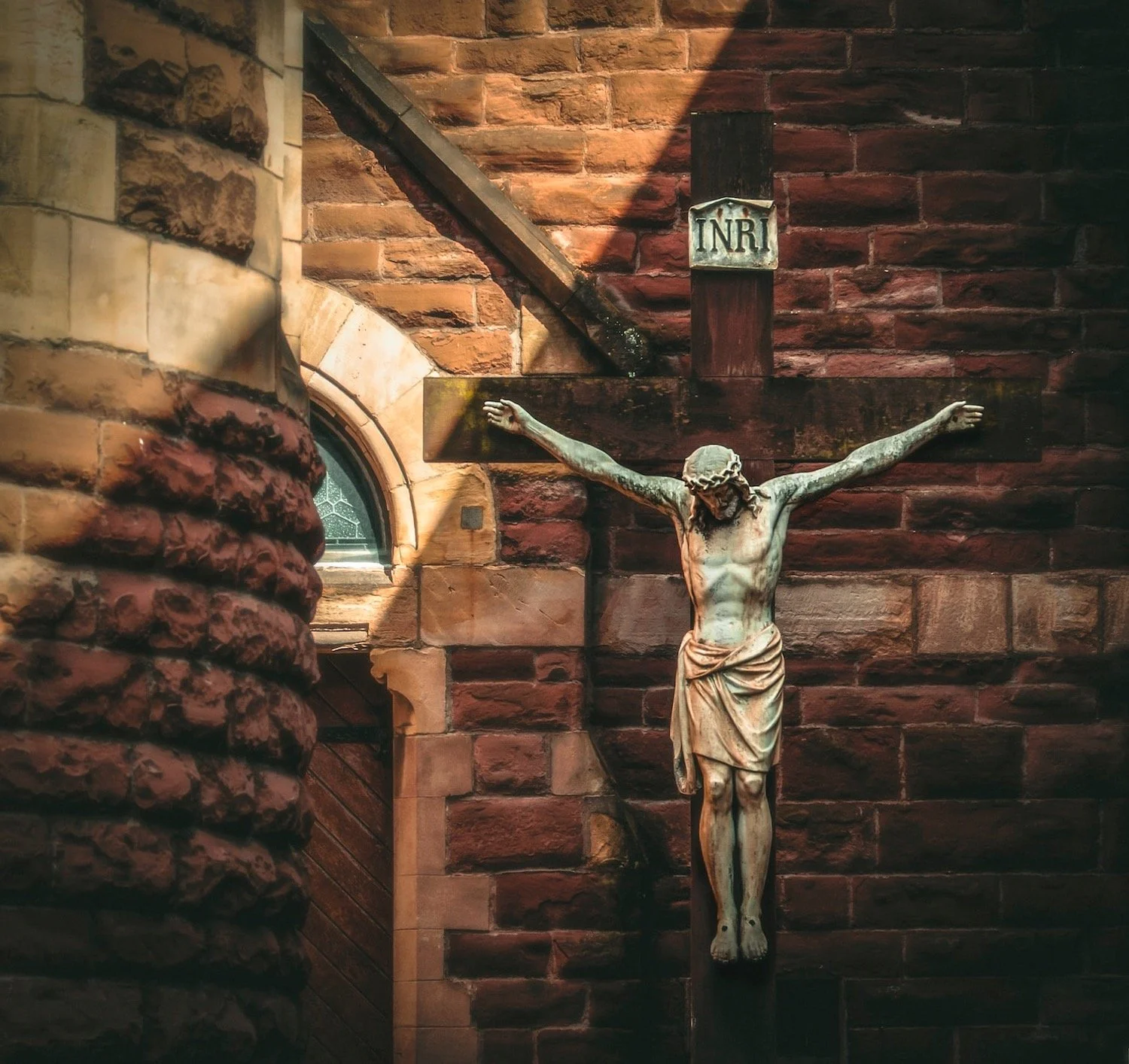Readings for today: Leviticus 5-7
Why so many sacrifices? It’s a great question to ask as we read through Leviticus and some of the other books of the Old Testament. Why so much blood? Why so many animals? What is the point of it all? The sacrificial system of ancient Israel was a massive operation. Fires were kept burning continually as priests performed their duties. Rivers of blood would have flowed from the mercy seat. The carcasses of the dead animals piling high as each family came forward to atone for their sin.
At the heart of this system is the need for restitution. Forgiveness is not free. It is not cheap. It is not easy. It is far more than feeling sorry. It is far more than feeling guilty for getting caught. Sin creates offense which must be addressed. Sin creates brokenness which must be made whole. Sin damages our relationship with God and therefore requires reparation. This is why God requires sacrifice because the price that must be paid in order to make things right with God is death. Death was the penalty for original sin - “on the day you eat of the tree of knowledge of good and evil, you shall surely die” (Genesis 2:16-17) - and thankfully, in His mercy, God allowed His people to offer animals in their place.
“For the wages of sin is death…” The Apostle Paul clearly understood the seriousness of sin. He understood the righteous penalty God demands from those who rebel against His glory. Thankfully, the Apostle Paul also understood what God did to remove the penalty of sin in the sending of His only begotten Son to take our place. To die in our place. To become the “once for all” sacrifice that fulfilled the requirements of Levitical law. It’s why he goes on to say that though the wages of sin is death, “the free gift of God is eternal life through Jesus Christ our Lord.” (Romans 6:23)
Why did Jesus have to die? He died as the perfect sacrifice, the spotless Lamb of God who was slain before the foundations of the world. (Revelation 13:8) In so doing, Jesus offers Himself up as restitution for sin. To make right what went so wrong. To repair that which was broken. To restore that which had become marred and defaced. To redeem that which was lost. This, friends, is the heart of the gospel and what we read here in Leviticus foreshadows the cross. It is designed to point us forward to Good Friday where God Himself took on the sins of the world and paid the price so that we might receive forgiveness and grace.
Readings for tomorrow: Leviticus 8-10
